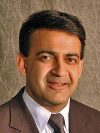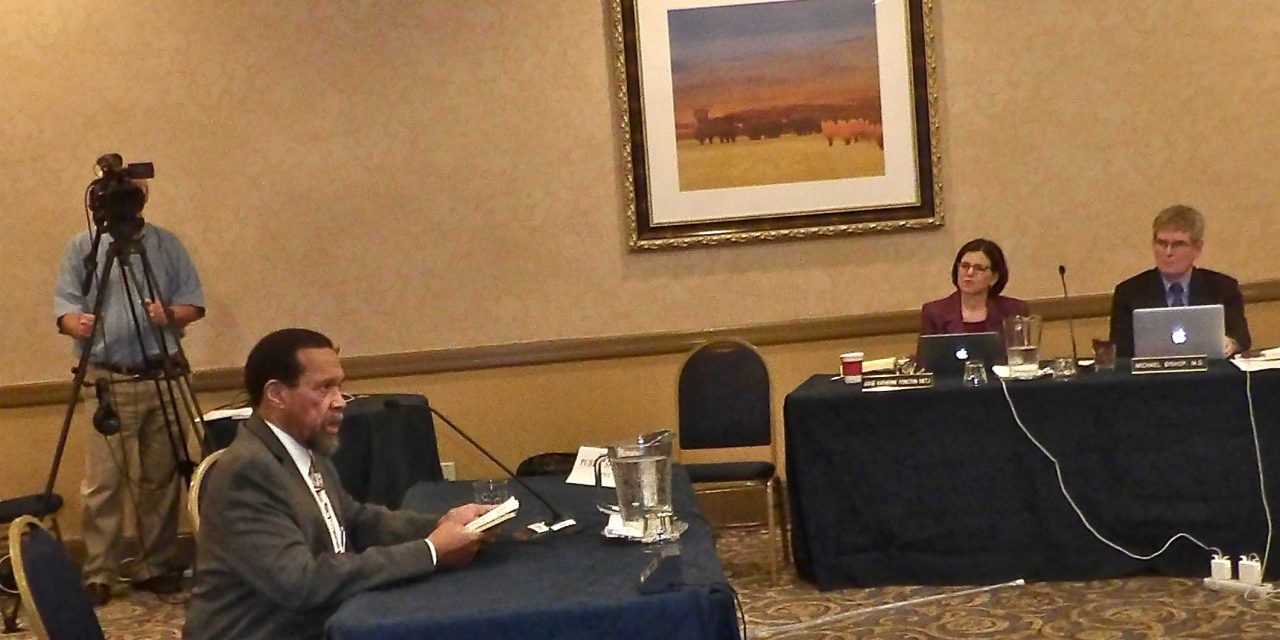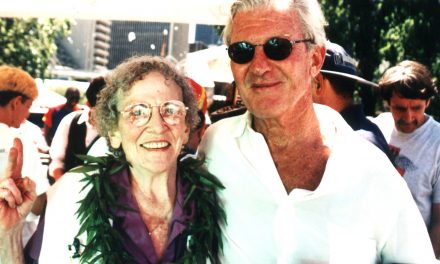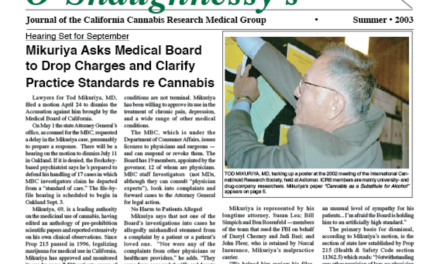An obscure but powerful bureaucratic entity called the Federation of State Medical Boards (FSMB) is seeking to constrain physicians who approve cannabis use by patients. The FSMB, a non-profit that employs 80 people in Eulis, Texas and six lobbyists in Washington, D.C., has developed “model guidelines” that would trigger investigations of clinicians based on how many patients they approve and how many plants they authorize patients to grow.
Being investigated —even if it results in exoneration— is a costly and frightening process for the physician involved. Undercover agents sometimes feign symptoms such as pain, and then play “gotcha” when a physician takes them at their word and authorizes them to use and cultivate cannabis.
The FSMB would also prevent clinicians who approve use by patients from using cannabis as medicine themselves.
According to FSMB lobbyist Lisa Robin, the guidelines were drafted in the Washington office and incorporate “input from a workgroup” of representatives from the state boards.
At the FSMB convention in San Diego in April 2016, delegates from all 50 states and 20 US Territories agreed unanimously that their medical boards ought to adopt the federation’s guidelines.
FSMB president Humayon Chaudhry, DO and two co-authors then published an article entitled “Medical Board Expectations for Physicians Recommending Marijuana” in the prestigious Journal of the American Medical Association (JAMA). Their “viewpoint” essay ran June 16 online and in the August 9 print edition.
Several state boards have already enacted restrictive measures on their own. In July Colorado suspended the licenses of four doctors accused of excessive approvals. The Society of Cannabis Clinicians (SCC) is urging the Medical Board of California (MBC) to reject the federation’s approach. At a July 29 meeting of the California board, Stephen Robinson, MD, noted that Chaudhry’s account of the FSMB guidelines in JAMA was significantly more restrictive than the guidelines approved in April by the delegates. Speaking for the SCC, of which he is a board member, Robinson said:
“Chaudhry et. al. state in JAMA, regarding conflicts of interest, that the physician should ‘not be associated in any way’ with a dispensary or cultivation center.
“This wording makes the restriction stronger than what was recommended by the FSMB. It would impede physicians wishing to collaborate with dispensaries and cultivators to study which specific cannabinoid/terpenoid ratios patients find effective. Such data collection, in the absence of desperately needed clinical trials, can elucidate the effects of various cannabinoids. An association for research purposes would not involve a financial interest on the physician’s part.
“Also worrisome is the recommendation by Chaudhry et al that ‘state medical and osteopathic boards advise their licensees to abstain from the use of marijuana for medical or recreational purposes while actively engaged in the practice of medicine.’
“This provision does not appear in the model guidelines developed by the FSMB Workgroup, adopted as policy by the FSMB House of Delegates in April 2016.
“The Federation does not recommend that users of recreational alcohol or prescribed opiates suspend their practice.”
—Steve Robinson, MD
“The use of medicinal cannabis is not prima facie evidence of impairment or abuse. Although most physicians enter rehabilitation programs because of dependence on alcohol and/or opioids, the Federation does not recommend that users of recreational alcohol or prescribed opiates suspend their practice. Requiring physicians to do so would be an unwarranted intrusion into a private doctor-patient relationship and a stigmatization of providers making a rational treatment decision, in consultation with their physicians, about a medicine with a lower addiction potential than either alcohol or opiates. The proposed policy to disallow such usage is scientifically unsupportable.”
After Robinson’s presentation, the two California med board members who had participated in the FSMB “workgroup” —Executive Director Kimberly Kirchmeyer and Los Angeles opthalmologist Howard Krauss, MD— said they had been unaware that Chaudhry added provisions to the version of the “model guidelines” he published in JAMA.
Your correspondent also addressed the Medical Board of California. I questioned the use of algorithms based on number of patients approved and/or number of plants authorized to trigger investigations of cannabis clinicians. I also speculated on why Dr. Chaudhry had “punched it up,” as they say in Hollywood, sending JAMA an even more restrictive policy than the FSMB had approved.
Chaudhry is the only physician member of the FSMB, which relies on funding from PhRMA-funded foundations.





